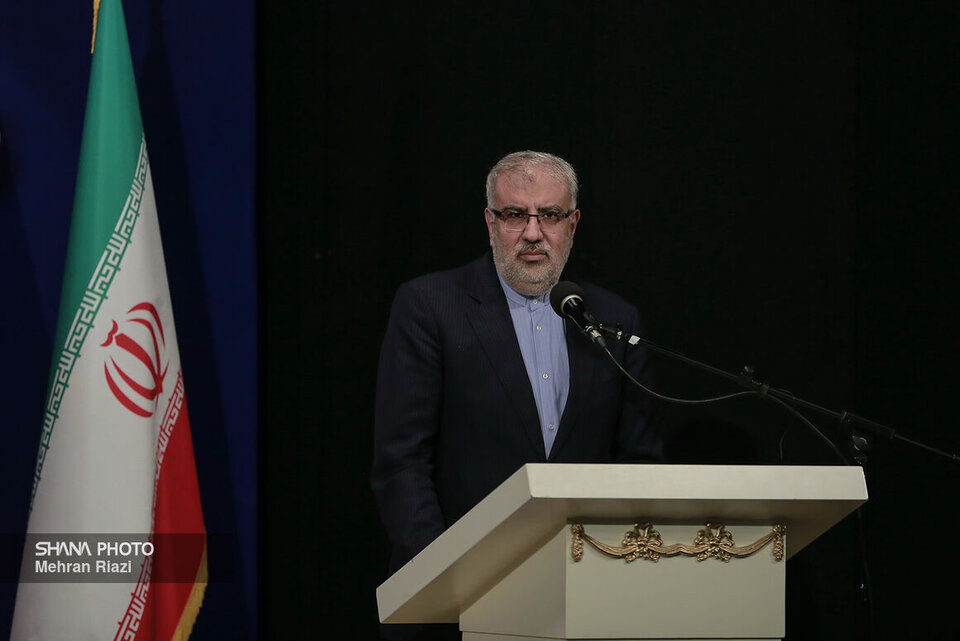Given the agreements and memorandums of understanding that led to the signing of several energy contracts, the value of annual bilateral trade, as planned, is expected to soar to that figure within the next 18 months, Owji vowed.
The minister, who made the remarks in his talks with the state TV, added that the current trade volume between Iran and Russia is valued at $4 billion.
Good decisions were made in the meeting of Iran’s President Seyyed Ebrahim Raisi with his Russian counterpart Vladimir Putin in Moscow last winter, recalled Owji, adding that the visit paved the way for holding a great number of sessions between the two countries’ officials in Tehran and Moscow.
Following the president’s visit to Moscow, different working groups were formed in all sectors and Tehran and Moscow held several sessions, said Owji, adding that he, alongside the roads minister, took part in some of the meetings.”
“I was appointed as the chairman of Iran-Russia Joint Economic Commission by the administration,” said the minister, continuing that Russia first named its Energy Minister Nikolay Shulginov as the joint commission head, but later promoted it and installed Deputy Prime Minister Alexander Novak, as he successfully held the post from 2012 to 2016 and also represents his country in the OPEC+ sessions.
Iran and Russia had earlier held talks on cooperation in the industrial, medical, and agricultural sectors, the petroleum minister said, explaining that the two sides reached good agreements during the visit of Novak, who led a high-ranking delegation comprising deputy energy, industry, transport, and agriculture ministers, as well as other state officials.
The visiting Russian delegation had plenipotentiary powers, stated Owji, adding that the two sides held intensive talks and reached agreements on different topics, including banking and monetary issues and use of national currencies in conducting bilateral trade.
The petroleum minister also referred to Iran-Russia agreements on cooperation in the energy, power plant, transport, and petrochemical sectors, and also in joint fields, independent oil and gas fields, joint ventures, oil and gas swaps, and crude oil areas.
Brutal sanctions have been imposed on both Iran and Russia, said Owji, however adding, “The two countries enjoy good capacities and can undoubtedly neutralize the sanctions in the energy, transport, industrial, agricultural, pharmaceutical, and equipment sectors.”
Elaborating on the North-South Transport Corridor, the minister expressed hope that the recently-formed working group will take major steps and the railway projects, including Garmsar-Incheborun railway, and Rasht-Astara project that has been underlined by the Iranian and Russia presidents will become operational by March 2023.
On Wednesday, the Russian deputy prime minister also talked about the corridor and said the two sides exchanged views about the west-east route and the Caspian Sea’s capacities.
The transit route has now the capacity for transporting some 15 million tons but the figure could soar to 30 and even 50 million tons in the next three to five years through implementing the agreements reached today, Novak estimated.


Your Comment